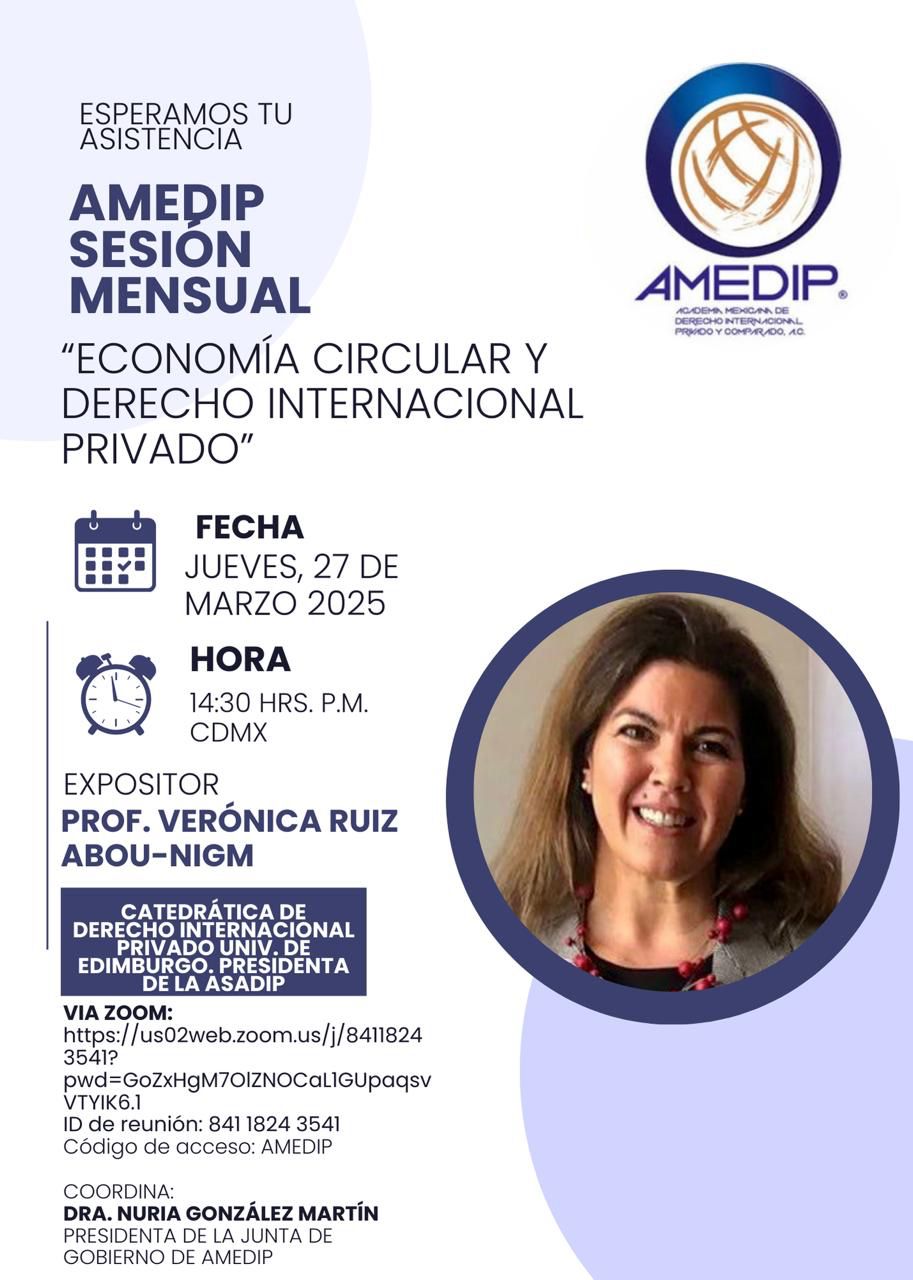Views
Bahraini High Court on Choice of Court and Choice of Law Agreements
I. Introduction
It is widely recognized that choice of court and choice of law agreements are powerful tools for structuring and planning international dispute resolution. These agreements play an important role in “increasing legal certainty for the parties in cross-border transactions and reducing incentives for (the harmful version of) forum shopping.” (Alex Mills, Party Autonomy in Private International Law (CUP, 2018) p. 75). However, the realization of these objectives depends on the enforcement of the parties’ choice. Unfortunately, general practice in the MENA (North Africa and the Middle East) region shows that, with a few exceptions, the status quo is far from satisfactory. Choice-of-court agreements conferring jurisdiction on foreign courts are often disregarded or declared null and void. Similarly, the foreign law chosen as the governing law of a contract is often not applied because of the procedural status of foreign law as a matter of fact, the content of which must be ascertained by the party invoking its application. The recent judgment of the High Court of Bahrain (a first instance court in the Bahraini judicial system) in the Case No. 2/13276/2023/02 of 17 January 2024 is nothing but another example of this entrenched practice that can be observed in the vast majority of countries in the region.
U.S. Supreme Court Decides Great Lakes
On February 21, 2024, the U.S. Supreme Court handed down its decision in Great Lakes Insurance SE v. Raiders Retreat Realty Company, LLC.
The question presented was whether, under federal admiralty law, a choice-of-law clause in a maritime contract can be rendered unenforceable if enforcement is contrary to the “strong public policy” of the U.S. state whose law is displaced. In a unanimous opinion authored by Justice Kavanaugh, the Court concluded that the answer to this question was no. It held that choice-of-law provisions in maritime contracts are presumptively enforceable as a matter of federal maritime law. It further held that while there are narrow exceptions to this rule, state public policy is not one of them.
Implied Jurisdiction Agreements in International Commercial Contracts
Authors: Abubakri Yekini (Lecturer in Conflict of Laws at the University of Manchester) and Chukwuma Okoli (Assistant Professor in Commercial Conflict of Laws at the University of Birmingham, Senior Research Associate at the University of Johannesburg).
A Introduction
In an increasingly globalised economy, commercial transactions often involve business entities from different countries. These cross-border transactions present complex legal questions, such as the place where potential disputes will be adjudicated. To provide certainty, commercial parties often conclude ex ante agreements on the venue for dispute resolution by selecting the court(s) of a particular state. However, what happens if no such express agreement over venue is reached for resolving a contractual dispute? Could consent to the venue be implicitly inferred from the parties’ conduct or other factors?
News
Defending Access to Justice: The Crucial Battle for the IJI
Published on behalf of the IJI, Den Haag
In the heart of The Hague, a critical institution of international legal knowledge faces an existential threat. The International Juridical Institute (IJI) (translated in English to mean the Hague Institute for Private International Law), a venerable organization with a century-long history of providing essential legal guidance, stands on the brink of liquidation due to declining government support.
Founded in 1918 at the iconic Peace Palace, the IJI emerged as a unique global resource. Born in the aftermath of World War I, the institute was conceived as a “gift to the world” noble vision supported by leading businessmen, ministers, and statesmen. The IJI has been a beacon of legal expertise for over a hundred years, offering free and cost-effective advice in the complex realm of private international law. The institute’s current predicament is a stark testament to the fragility of specialized legal resources. Successive government cuts, culminating in eliminating the social advocacy subsidy scheme in 2019, have systematically undermined the IJI’s financial stability. What makes this situation particularly alarming is not just the potential loss of an institution but the broader implications for access to justice.
The IJI is not merely an archive of legal knowledge; it is a critical resource for individuals navigating complex international legal challenges. Many of these cases involve vulnerable populations, including children, who rely on expert guidance to traverse intricate cross-border legal landscapes.
Ironically, the government’s cost-cutting measures may ultimately prove counterproductive. The reduction in funded legal aid is likely to generate more protracted and expensive legal proceedings, potentially negating any initial savings.
The IJI is making a final, humble appeal: a modest annual subsidy of €260,000 to continue its vital work. This relatively small investment could ensure another century of legal expertise and maintain critical access to justice for countless individuals.
How You Can Help
The legal community and concerned citizens have a unique opportunity to make a difference:
- Sign the Petition: Visit the IJI petition page and add your name to support the institute’s continued existence.If you would like to support this cause, we would like to add your signature to the grant application. You can click on the next link: https://petities.nl/petitions/behoud-de-toegang-tot-het-recht-voor-iedereen?locale=de. This leads you to a website where you can sign very easily by giving your name (on the field ‘naam’), email address (on the field ‘emailadres’) and domicile (on the field ‘woonplaats’). You could also tick the box if you want your name visible on the list, if not, you remain anonymous. Please note that after signing, you will receive an email in which you are asked to confirm your signature by clicking on the provided link. Only after confirming, the signature will be registered.
- Spread Awareness: Share the IJI’s story within your professional networks and social circles.
- Contribute Ideas: Of course, we are also open to other ideas that can ensure that our wonderful institute can experience a second 100-year term. If you would like to exchange thoughts with us about this, please do send us an email to info@iji.nl and we will get in touch.
The potential loss of the IJI represents more than the closure of an institution. It symbolizes a potential erosion of specialized legal knowledge, international cooperation, and accessible justice.
As members of the legal community, we have a responsibility to support institutions that serve the broader public good. The IJI’s century of service is a testament to the power of dedicated legal expertise in bridging complex international legal challenges.
Together, we can help ensure that this invaluable resource continues to serve global legal needs for generations to come.
Thank you very much for your support!
Virtual Workshop (in English) on April 1: Carlos Esplugues on “Take Domestic Law and Run? The Application of Foreign (Private? State?) Law in Times of Uncertainty”

On Tuesday, April 1, 2025, the Hamburg Max Planck Institute will host its monthly virtual workshop Current Research in Private International Law at 11:00 a.m. – 12:30 p.m. (CEST). Professor Carlos Esplugues (University of Valencia) will speak, in English, about the topic
“Take Domestic Law and Run? The Application of Foreign (Private? State?) Law in Times of Uncertainty”
The possible application of foreign law is one of the features of contemporary private international law, a discipline that is particularly sensitive to the social, political and economic environment in which it operates. However, the redefinition of the role of the State in modern societies, technological changes or the growing wave of intolerance and fear towards what comes from abroad in many parts of the world are creating a new environment that affects this question in a pluralistic way. Beyond the classical issue of the nature of the applicable law and its relationship to the process, questions are being raised about the viability of this possible applicability and the conditions under which it can be established.
The presentation will be followed by open discussion. All are welcome. More information and sign-up here.
If you want to be invited to these events in the future, please write to veranstaltungen@mpipriv.de.
AMEDIP’s upcoming webinar: Circular Economy and Private International Law (27 March 2025 – In Spanish)

The Mexican Academy of Private International and Comparative Law (AMEDIP) is holding a webinar on Thursday 27 March 2025 at 14:30 (Mexico City time – CST), 21:30 (CET time). The topic of the webinar is ‘Circular Economy and Private International Law’ and will be presented by Prof. Verónica Ruiz Abou-Nigm (in Spanish).


